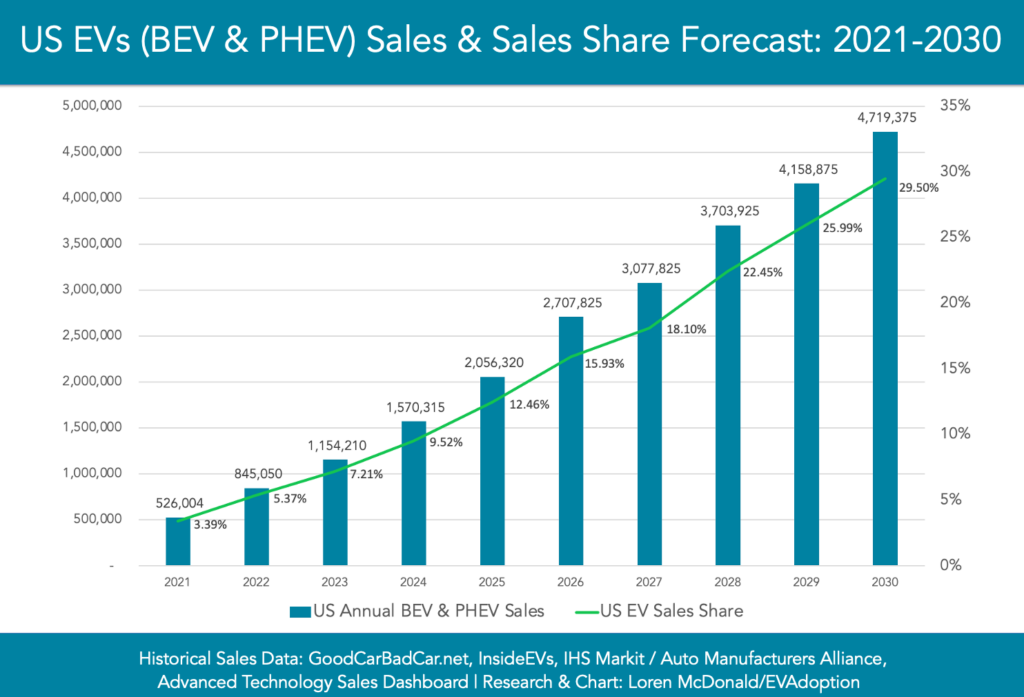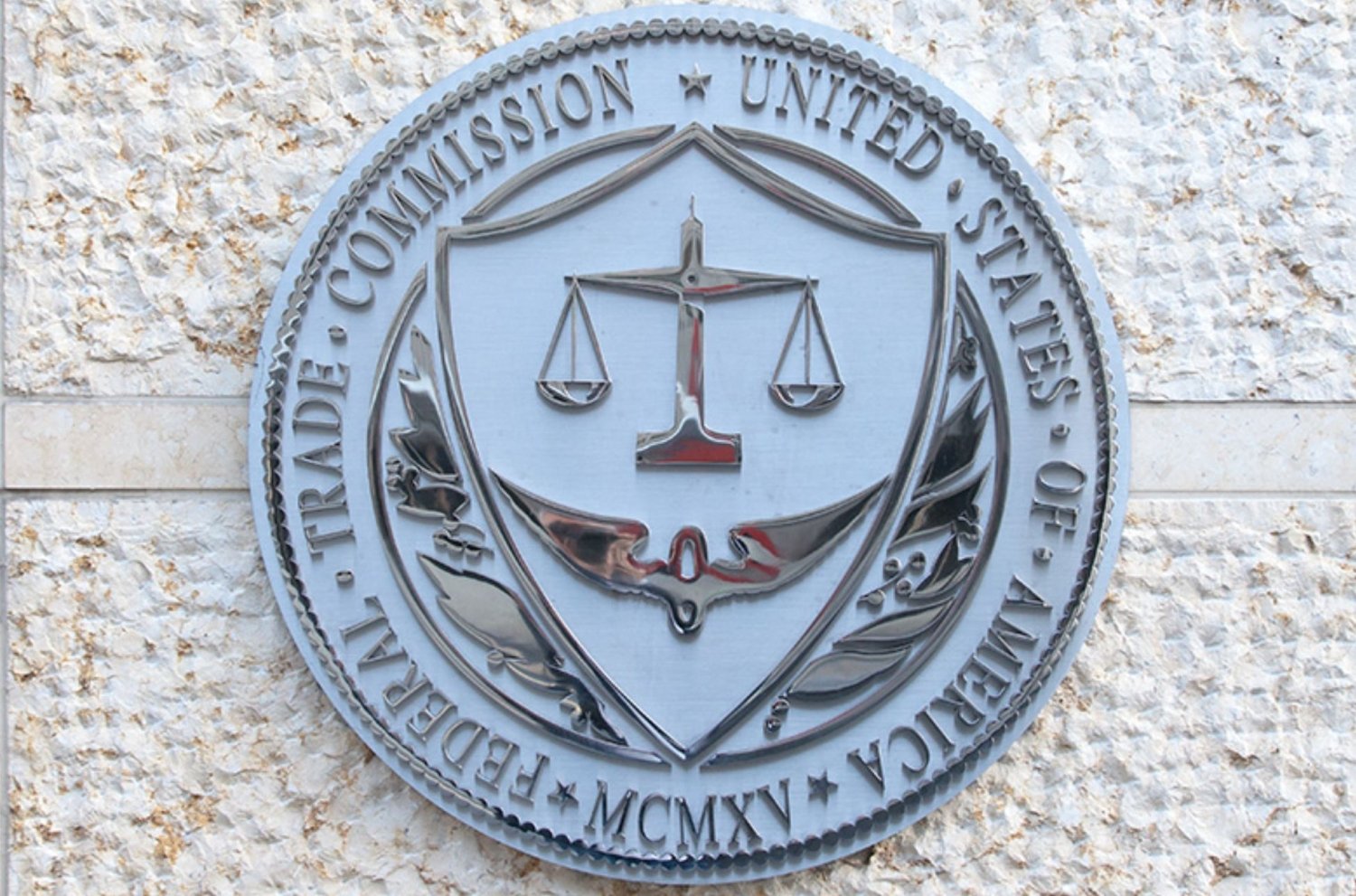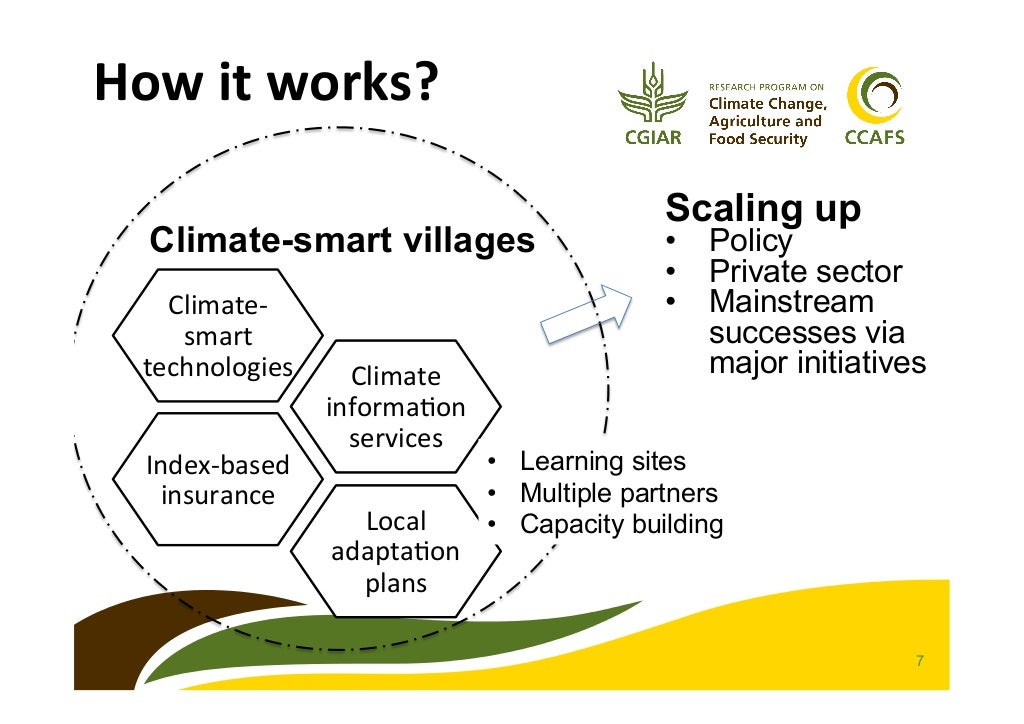Auto Industry Conflict: Dealers Resist EV Sales Requirements

Table of Contents
Dealership Concerns Regarding EV Sales Infrastructure
Dealerships are facing significant hurdles in adapting to the new reality of EV sales. The primary concern revolves around the substantial investment needed to support EV sales, creating a financial strain that many are struggling to manage.
High Initial Investment Costs
Dealerships face substantial upfront costs associated with building the necessary EV infrastructure. This represents a major barrier to entry for many, especially smaller dealerships.
- Installation of Level 2 and DC fast chargers: The cost of installing and maintaining a sufficient number of charging stations, capable of handling various EV models and charging speeds, is considerable. This includes not only the purchase of the chargers themselves but also the electrical upgrades often required to support them.
- Specialized tools and training for EV battery repair and maintenance: EVs require specialized tools and highly trained technicians to diagnose and repair complex electrical systems and high-voltage battery packs. This necessitates significant investment in employee training programs and specialized equipment.
- Limited government incentives for dealership infrastructure upgrades: While some government incentives exist to encourage EV adoption, these often fall short of covering the substantial costs associated with upgrading dealership infrastructure to handle the unique demands of EVs. Many dealers find the incentives insufficient to offset the financial risks involved.
Lack of EV Customer Demand in Certain Markets
The demand for EVs varies significantly across different geographic regions. This uneven adoption rate creates a disparity in the financial burden placed on dealerships.
- Geographic variations in EV adoption rates create uneven financial burdens on dealerships: Urban areas may see higher demand for EVs, allowing dealerships to recoup their investments more quickly. However, rural areas often lag behind, leaving dealerships in these regions with higher infrastructure costs and lower sales volume.
- Rural areas often lack sufficient charging infrastructure, impacting potential EV sales: The lack of widespread public charging infrastructure in rural areas poses a significant challenge to potential EV buyers, further hindering EV sales in these regions. This creates a vicious cycle, where low demand discourages investment in charging infrastructure, perpetuating the problem.
- Consumer concerns regarding range anxiety and charging time remain significant hurdles: Despite advancements in EV technology, concerns about range and charging times continue to deter some potential buyers, particularly in areas with limited charging infrastructure.
Manufacturer Pressure and Quota Systems
Adding to the challenges faced by dealerships is the pressure exerted by auto manufacturers to meet ambitious EV sales quotas. These quotas, while aimed at accelerating EV adoption, are often perceived as unrealistic and detrimental to dealerships' financial health.
Unrealistic Sales Quotas
Dealers argue that manufacturers often impose EV sales quotas without adequately considering local market conditions and the limitations of existing infrastructure. This creates an untenable situation for many dealerships.
- Manufacturer quotas don't always account for regional differences in EV adoption: A uniform quota across all dealerships, regardless of their location or market conditions, unfairly burdens those in areas with lower EV demand.
- Penalties for missed quotas can be severe, impacting dealership profitability: The penalties for failing to meet these quotas can range from financial penalties to the threat of franchise termination, placing significant pressure on dealerships.
- Lack of flexibility in quota systems to address unexpected market fluctuations: The quota systems often lack flexibility to adapt to unexpected market shifts or supply chain disruptions, further exacerbating the pressure on dealers.
Impact on Dealership Profitability
The combined effect of high investment costs, low demand in certain areas, and stringent quotas significantly impacts dealership profitability.
- Lower profit margins on EVs compared to traditional gasoline vehicles: The profit margins on EVs are often lower compared to traditional gasoline vehicles, reducing the overall revenue generated per sale.
- Increased operational costs associated with EV infrastructure and maintenance: The additional costs associated with maintaining EV charging infrastructure and training technicians further reduce profitability.
- Potential for financial losses due to unsold EV inventory: Dealerships may incur losses due to unsold EV inventory, particularly in regions with lower demand.
Legal and Political Ramifications of EV Sales Mandates
The escalating conflict over EV sales requirements has created a complex legal and political landscape, with dealerships actively challenging mandates they deem unfair or impractical.
Legal Challenges to Manufacturer Policies
Dealerships are increasingly resorting to legal action to challenge what they perceive as unreasonable manufacturer policies.
- Lawsuits alleging breach of contract and unfair business practices: Numerous lawsuits have been filed alleging that manufacturers are breaching existing franchise agreements and engaging in unfair business practices through the imposition of unrealistic EV sales quotas.
- Lobbying efforts to influence legislation related to EV sales targets: Dealerships are engaging in active lobbying efforts to influence legislation related to EV sales targets, aiming to create more realistic and achievable goals.
- State-level regulations that impact the relationship between manufacturers and dealerships: State-level regulations play a significant role in shaping the legal landscape, adding another layer of complexity to the conflict.
The Role of Government Regulations
Government regulations play a critical role in shaping the EV market, directly impacting both manufacturer targets and dealer compliance.
- Federal and state incentives for EV adoption: Government incentives, such as tax credits and rebates, play a crucial role in encouraging EV adoption but often fall short of meeting the financial needs of dealerships adapting to the new technology.
- Regulations concerning emissions and fuel efficiency: Emissions regulations are a driving force behind the shift towards EVs, but the pace of these regulations needs to be carefully balanced with the practical challenges faced by dealers.
- Government support for EV charging infrastructure development: Government support for the development of public charging infrastructure is vital to address consumer concerns about range anxiety and encourage wider EV adoption.
Conclusion
The resistance to EV sales requirements highlights a critical juncture in the automotive industry. The conflict between manufacturers and dealerships underscores the need for a collaborative approach that balances the urgent need for EV adoption with the practical challenges faced by the dealer network. Finding solutions that address concerns regarding investment costs, market demand, and quota systems is crucial for a smooth transition. Addressing these challenges effectively will be essential to successfully navigating the future of EV sales requirements and ensuring a sustainable shift towards electric mobility. A productive dialogue between manufacturers, dealers, and policymakers is vital to overcoming this conflict and accelerating the widespread adoption of electric vehicles. Understanding and addressing the concerns surrounding EV sales mandates is critical for the success of the electric vehicle revolution.

Featured Posts
-
 Ftc Challenges Court Ruling On Microsoft Activision Merger
Apr 30, 2025
Ftc Challenges Court Ruling On Microsoft Activision Merger
Apr 30, 2025 -
 Fondi 8xmille E Processo Becciu Nuova Data Per L Udienza
Apr 30, 2025
Fondi 8xmille E Processo Becciu Nuova Data Per L Udienza
Apr 30, 2025 -
 Schneider Electrics Climate Smart Village Empowering African Communities Through Sustainable Energy
Apr 30, 2025
Schneider Electrics Climate Smart Village Empowering African Communities Through Sustainable Energy
Apr 30, 2025 -
 Ru Pauls Drag Race Season 17 Episode 9 A Design Challenge Review
Apr 30, 2025
Ru Pauls Drag Race Season 17 Episode 9 A Design Challenge Review
Apr 30, 2025 -
 8xmille Rinvio Del Processo Al Fratello Di Becciu Aggiornamenti Dal Vaticano
Apr 30, 2025
8xmille Rinvio Del Processo Al Fratello Di Becciu Aggiornamenti Dal Vaticano
Apr 30, 2025
